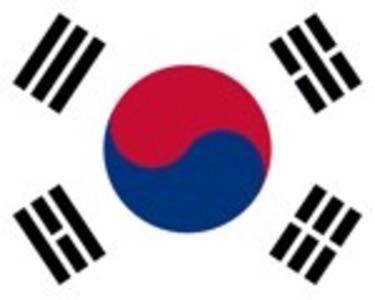South Korea, the high-tech and ostensibly democratic ally of the United States, has reportedly issued a warning that South Koreans who post Facebook and Twitter messages and forwards (“please don’t retweet!”) that praise communist North Korea will face legal prosecution.

According to one South Korean news daily, the government cited attacks by North Korea one and nine months ago as the cause of the heightened security status and the need to control social media communication. With extensive US assistance, South Korea separated from communist North Korea more than 60 years ago after a brutal war. The tension between the two countries remains some of the most heightened on earth. One of those countries is infamous for extreme control over everything its citizens think and say, but that’s not the South.
From the Korean JoongAng Daily, a partner of the International Herald Tribune:
“This is a measure in response to North Korea’s recent attacks on the South Korean Navy ship Cheonan and Yeonpyeong Island, which made the role of national security absolutely important,” said deputy Justice Minister Hwang Hee-chul.
The Justice Ministry’s measure will block South Koreans from accessing social networking-site accounts linked to North Korea. Anyone caught forwarding or reposting content that praises North Korea will be subject to legal punishment, Hwang said.
…
The ministry also said it will require foreigners who apply for naturalized Korean citizenship to take an oath saying they recognize South Korea’s liberal democracy.
So freedom, discourse and debate are only acceptable during times of relative Peace, but when the chips are down the censorship comes out? Nice, South Korea. That doesn’t sound like a very helpful way to relate to social media.
North Korea is such a terrible place that debating anyone who contends otherwise sounds like a much smarter strategy than losing the moral high ground by trying to silence them.
That appears to be what North Korea is doing, with a very awkward attempt to get active on social media channels and get around South Korean censors.
As Twitter user Shel Israel said of South Korea today, “Wait, they’re the democracy side, right?”
Much like some have called it ironic that the United States is leading an international campaign for Internet Freedom while calling for the censorship of Wikileaks, this Korean social media conflict will no doubt be cited by those who argue that all governments have an inherent inability to cope with the democratic nature of social media and the new ability to publish world-wide that it offers everyone.
Below, National Geographic’s excellent 10-year old documentary, Inside North Korea. Perhaps South Koreans should be prohibited from watching this video, too, lest they share the favorable thoughts about the North expressed by interviewees from that country.

















